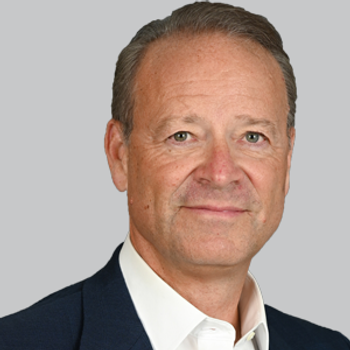
Approved in 2021 under the accelerated approval pathway, aducanumab’s path has been met with controversy and lack of industry support.

Approved in 2021 under the accelerated approval pathway, aducanumab’s path has been met with controversy and lack of industry support.
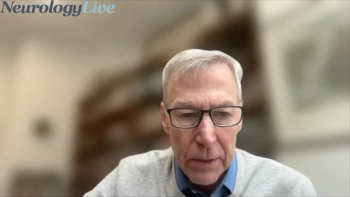
The director of NYU Langone’s Comprehensive Epilepsy Center discussed the infrequent prevalence of febrile seizures in toddlers prior to sudden death and the difficulty with toeing the line on being overly cautious and reasonable. [WATCH TIME: 4 minutes]

The professor in the department of neurology with McGovern Medical School at UTHealth Houston discussed outcomes of a recent study exploring the specificity of T cells in the spinal fluid of patients diagnosed with multiple sclerosis.

A recent study demonstrated that concomitant sleep apnea syndrome may expedite cognitive decline, particularly in attention and concentration, among patients with multiple sclerosis.

VCA-894A, a novel antisense oligonucleotide, exhibits a mechanism of action that specifically targets a cryptic splice site variant within immunoglobulin mu-binding protein 2.
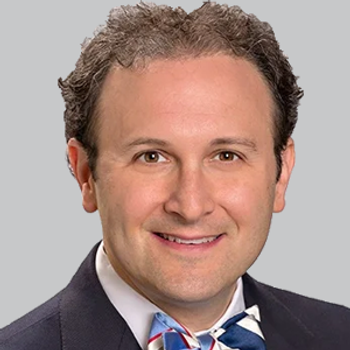
Despite initial enthusiasm, novel treatments for Duchenne muscular dystrophy face discontinuation challenges and lack long-term clinical efficacy data.

The founder and executive director of the Sumaira Foundation discussed the increasing amount of misdiagnosis in rare diseases such as NMOSD and how it impacts these patients in terms of care and support. [WATCH TIME: 2 minutes]

Over a 28-week treatment period, the investigational agent demonstrated significantly greater increase in dystrophin expression and exon skipping than previously approved eteplirsen, Sarepta’s first therapy for Duchenne muscular dystrophy.
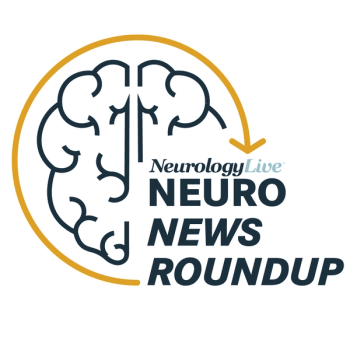
Take a look at some of the most-anticipated FDA pending approvals expected in 2024 that researchers and clinicians in neurology should keep an eye out on.
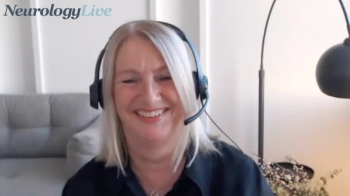
The senior vice president of research at Gain Therapeutics talked about preclinical findings from a study assessing GT-02287, an agent in development for the treatment of GBA1 Parkinson disease, and future plans for clinical trials. [WATCH TIME: 7 minutes]

Takeda's FDA-approved Gammagard Liquid can be used as induction therapy, which includes an induction dose followed by maintenance doses, for adults with chronic inflammatory demyelinating polyneuropathy.

The founder and executive director of the Sumaira Foundation shared her patient perspective of Health Canada’s approval of inebilizumab in terms of its implications for patients and how it paves the way for future treatments in NMOSD. [WATCH TIME: 3 minutes]
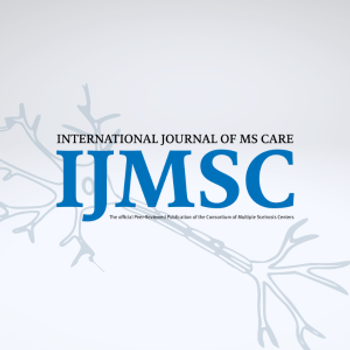
Review the latest peer-reviewed articles dedicated to the multidisciplinary management of multiple sclerosis published in the International Journal of MS Care.

Here's some of what is coming soon to NeurologyLive® this week.

As part of our monthly clinician spotlight, NeurologyLive® highlighted rare disease medicine expert Paula Barreras, MD, a physician neurologist and neuroimmunologist at Cedars Sinai Medical Center.
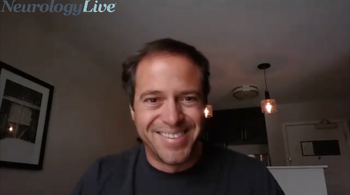
The chief executive officer of ClearPoint Neuro discussed how the company’s SmartFrame OR Stereotactic System can facilitate neurosurgery and the next steps in integrating it into clinical settings. [WATCH TIME: 4 minutes]

Test your neurology knowledge with NeurologyLive®'s weekly quiz series, featuring questions on a variety of clinical and historical neurology topics. This week's topic is movement disorders.
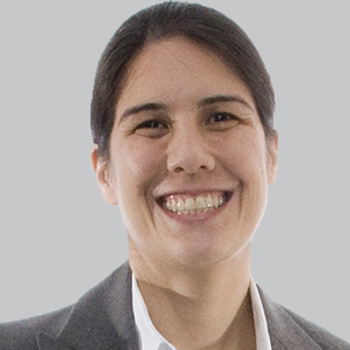
Even after adjusting for indications for benzodiazepine administration and baseline disease severity, results showed greater patient disease worsening while on such medications, regardless of duration and dose.

A systematic approach to understanding the needs of the caregiving youth—a growing and less-studied population of caregivers—is needed to better tailor interventions, provide support, and improve care to patients and their families.
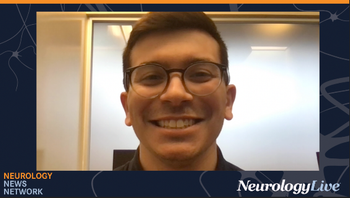
Neurology News Network for the week ending January 27, 2024. [WATCH TIME: 3 minutes]

In recent news, Health Canada approved inebilizumab for adult patients with neuromyelitis optica spectrum disorder who are anti-aquaporin-4 antibody positive, using results from the N-MOmentum trial as the basis for the approval.

Take 5 minutes to catch up on NeurologyLive®'s highlights from the week ending January 26, 2024.
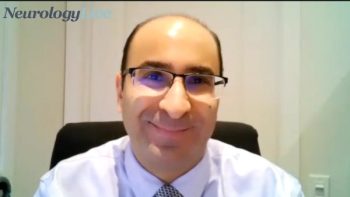
The associate professor, department of medicine, division of neurology, Institute of Medical Science, University of Toronto, shared his thoughts on potential therapies and expanding care options for sleep disorders in 2024. [WATCH TIME: 5 minutes]
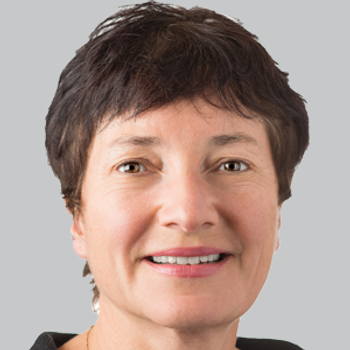
The proposed NSD-ISS staging system for Parkinson's disease, focusing on neuronal α-synuclein pathology, aims to enhance trial design and drug development.

The chief executive officer of Aruna Bio discussed the mechanism of action behind AB126 and how its anti-inflammatory and neuroprotective properties may be effective in treating acute ischemic stroke. [WATCH TIME: 4 minutes]

Mind Moments®, a podcast from NeurologyLive®, brings you an interview with Orrin Devinsky, MD. [LISTEN TIME: 18 minutes]
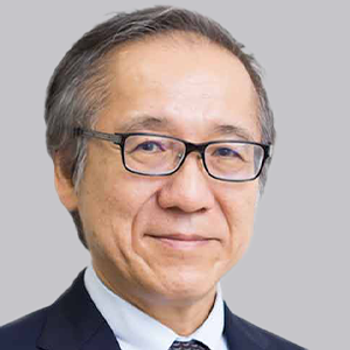
A recent analysis revealed a reduction in regulatory lymphocyte subsets in patients with NMOSD before tocilizumab therapy, with subsequent restoration to normal levels after 1 year treatment.

In a recent case study, clinical exome sequencing exposed a heterozygous missense mutation in the ITPR1 gene where patients showed craniofacial abnormalities as well as spinocerebellar ataxia-like syndrome.
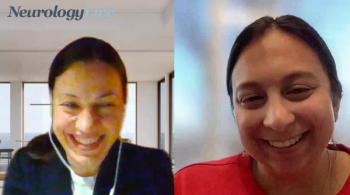
The European evidence generation strategy lead for epilepsy and rare syndromes at UCB described some details about further epilepsy research and other explorations in the next few years. [WATCH TIME: 3 minutes]

A recent study showed a more than 75% reduction in migraine frequency in participants with comorbid multiple sclerosis when treated with calcitonin gene-related peptide monoclonal antibodies.